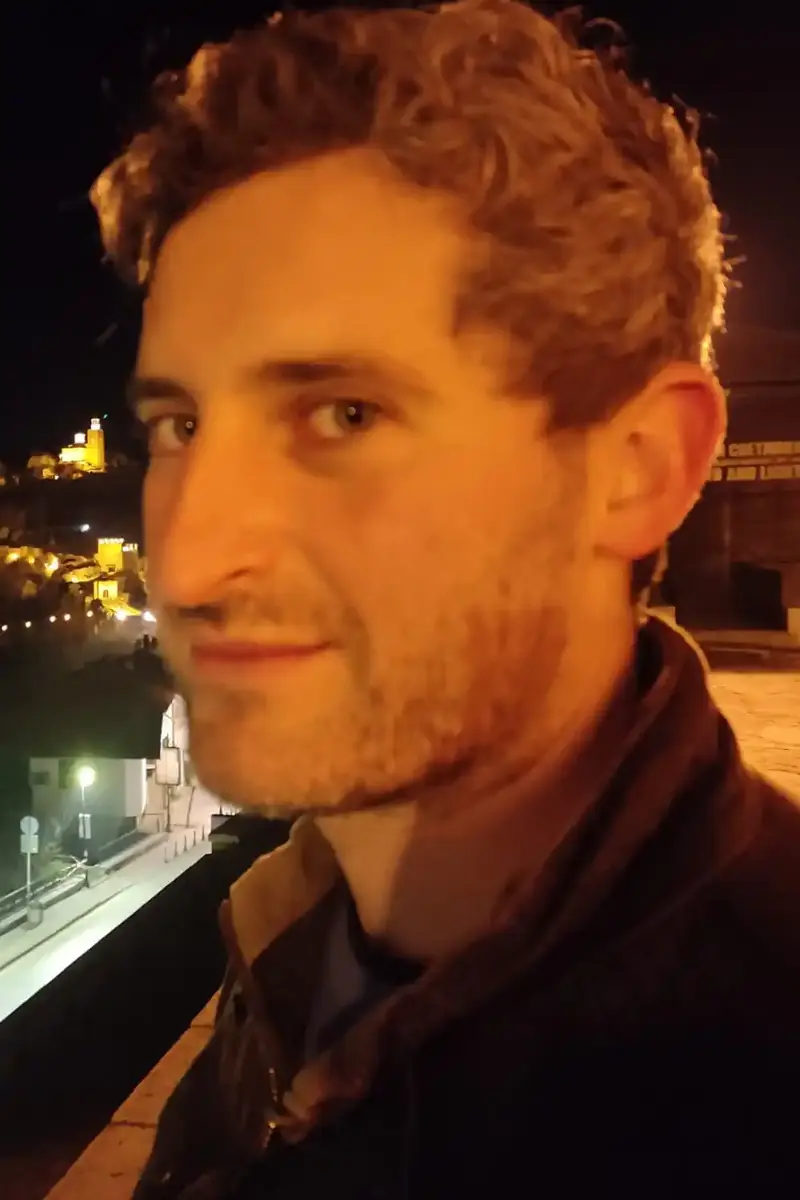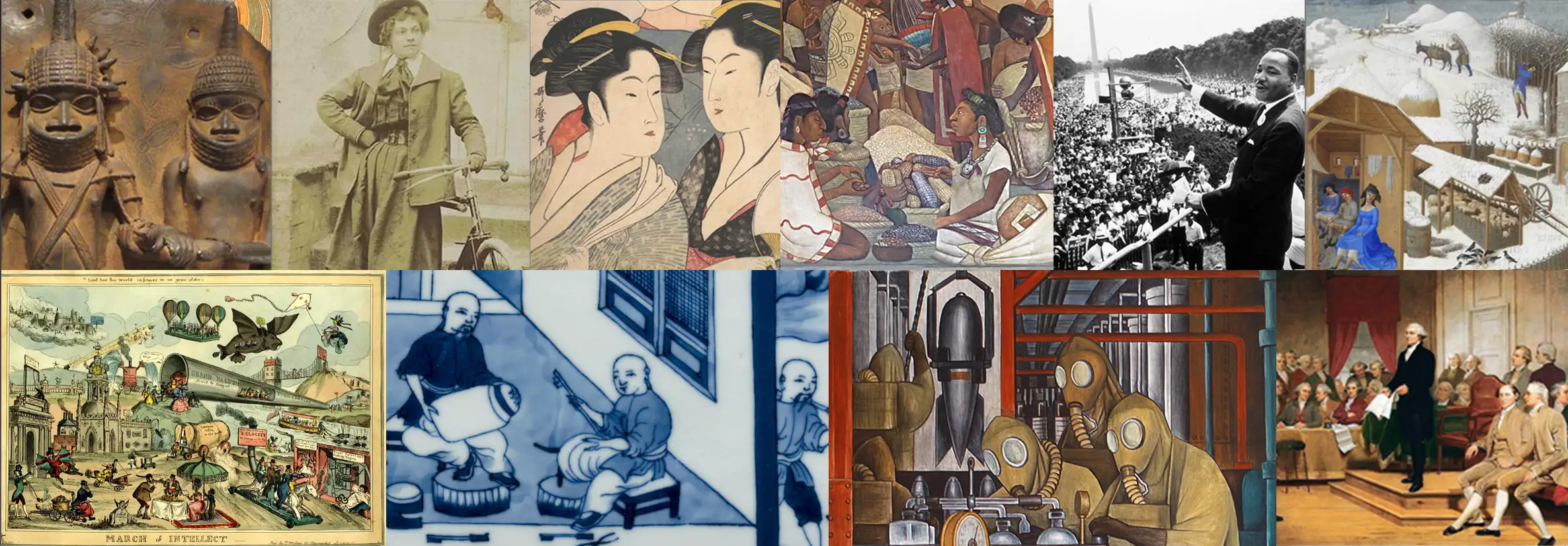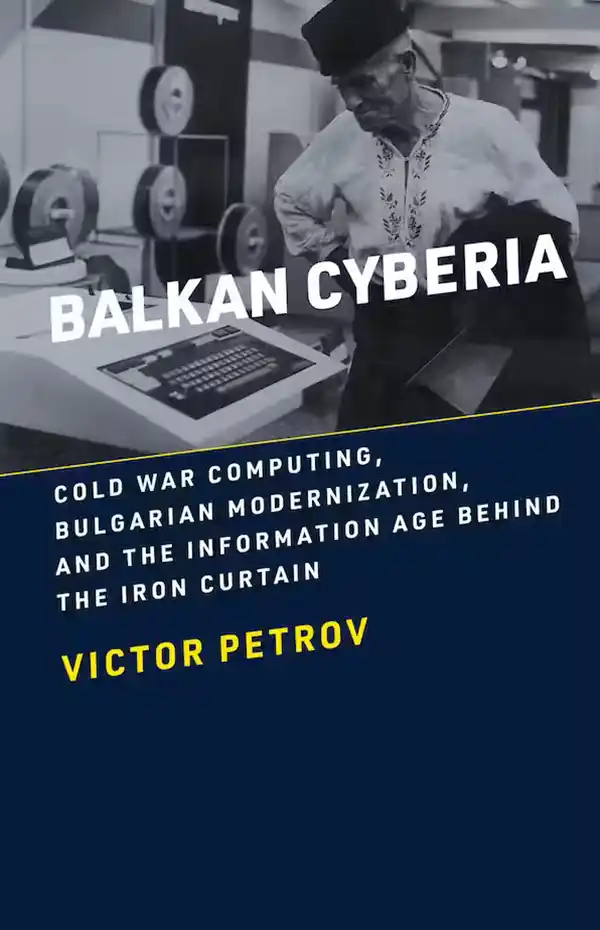Petrov, Victor

Specialties:
Modern Balkans & Eastern Europe, Modern European history, Cold War Studies.
Phone
Books
Victor Petrov
Associate Professor | European History
I am a historian of the modern Balkans, and Europe more broadly. My past and future research is driven by a variety of overlapping questions – the local ramifications of larger global trends and the two-way interaction between supposedly small states or societies, and geopolitical ‘forcefields’ such as the Cold War, or the information age, or the transition to democracy; questions of technology and its intersection with politics and culture; and utopian thinking, often displaced into ‘non-earth’ spaces, both internal and external. In essence, I am interested in societies and communities that dream up new worlds, and often fail to create them – and what can be recovered from such failures.
My first book, Balkan Cyberia: Cold War Computing, Bulgarian Modernization, and the Information Age Behind the Iron Curtain (MIT Press, 2023), deals with the burgeoning electronic industry of socialist Bulgaria. Utilizing Bulgarian, Russian, and Indian archives, literature, journals, and interviews, it argues that the Iron Curtain was more porous than previously thought; and that the utopian imaginings of an automated future often clashed with the realities of the country’s own capabilities. More so, it also argues that 1989 is not a convenient end point for most Eastern European stories of the socialist past. It was awarded the Barbara Jelavich Prize, the Computer History Museum Prize, the Marshal D. Shulman Prize, and the John D. Bell Memorial Book Prize.
My current project, tentatively named Star Citizens: A Search for Meaning at the Edge of History, is an exploration of the late socialist and post-socialist explosion of ‘phenomena’ in Bulgaria specifically, and the post-socialist world more broadly. Using archival sources, newspapers and magazines, site visits, interviews, and digital tools, it draws on the histories of science and medicine, emotions, and the democratic transition, to ask questions about why societies were primed to encounter UFOs, poltergeists, bio-healers, mass spectacles, and hidden secrets in this tumultuous time. It also examines how these ‘otherworldly’ obsessions were also part of struggles over the demarcation of official and alternative knowledge communities; new business and media practices; and how they ultimately fed back into official politics, bestselling narratives of a ‘unique’ nation, and digital communities.
Another project, in its early stages, is This Sky Of Ours: Interkosmos and the Struggle for A Space Commons. This is a history of Interkosmos, the Eastern Bloc’s space co-operation program that ran between the 1960s and 1990s, launched multiple satellites and cosmonauts into space, and fostered joint scientific and observation studies across the globe. Transcending ideological boundaries, it also created a scientific and technological community that went beyond Cold War concerns, and encompassed cooperation also with the Global South and capitalist states such as Japan, the UK, France, and Austria. This project looks at how a transnational knowledge community emerged; how Interkosmos was envisioned and used, but also how it embodied and argue for an alternative approach to space exploration, which gave opportunities to smaller states too. This program also advanced arguments for an alternative approach to space law, usage of space resources, and our commons above. This project will attempt to resurrect some of these arguments, increasingly relevant today in our time of private space exploration and the drive to exploit natural resources in space.
I teach widely in modern European and Cold War history, the histories of computing and technology, histories of failure, and graduate courses in historiography and European history.
Education
Ph.D., Columbia University

